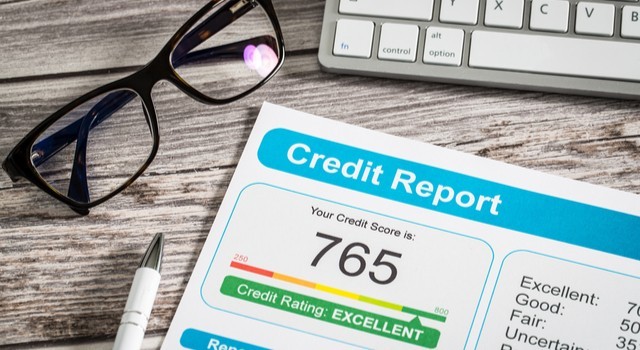The nature of sequestration means that your husband or wife’s assets are placed under the control of a trustee. This is the person in charge of selling the assets to repay creditors. In general terms you are not liable for the debts of your spouse, and cannot be ordered to repay their creditors, unless a debt is also in your name.
The nature of family finances can be complex, however, and you could become indirectly involved as the spouse of someone who is being sequestrated if jointly-owned assets such as property enter the equation. Although your share of the asset(s) still belongs to you, the situation can become a little more complicated.
Not all assets are included in the estate of a bankrupt person – most fixtures and fittings in the home, for example, may be exempt, as well as items needed for work or business purposes.
What happens if your home is jointly-owned?
As far as your home is concerned, if it is jointly owned, your husband or wife cannot sell the property without your consent. If this is not forthcoming, the trustee can make an application to the court to gain their authority to sell.
The same applies if you do not own an interest in the property, but have occupancy rights under the Matrimonial Homes (Family Protection) Act, 1981. Again, the trustee is able to apply to the court if they need to sell the property in order to repay creditors.
In these cases you can attend court to argue against the sale of your home, although this does not alter the trustee’s long-term interest in it as a major asset, the proceeds of which generally need to be used at some point to repay creditors.
Even if there is little equity in the property, the trustee has a period of up to three years in which to deal with it. They may revisit the possibility of selling at a later stage during the sequestration period, and can even take this action after your husband or wife’s discharge from bankruptcy.
Trustees understand the impact of losing a home, however, and will make attempts to offer alternative options.





